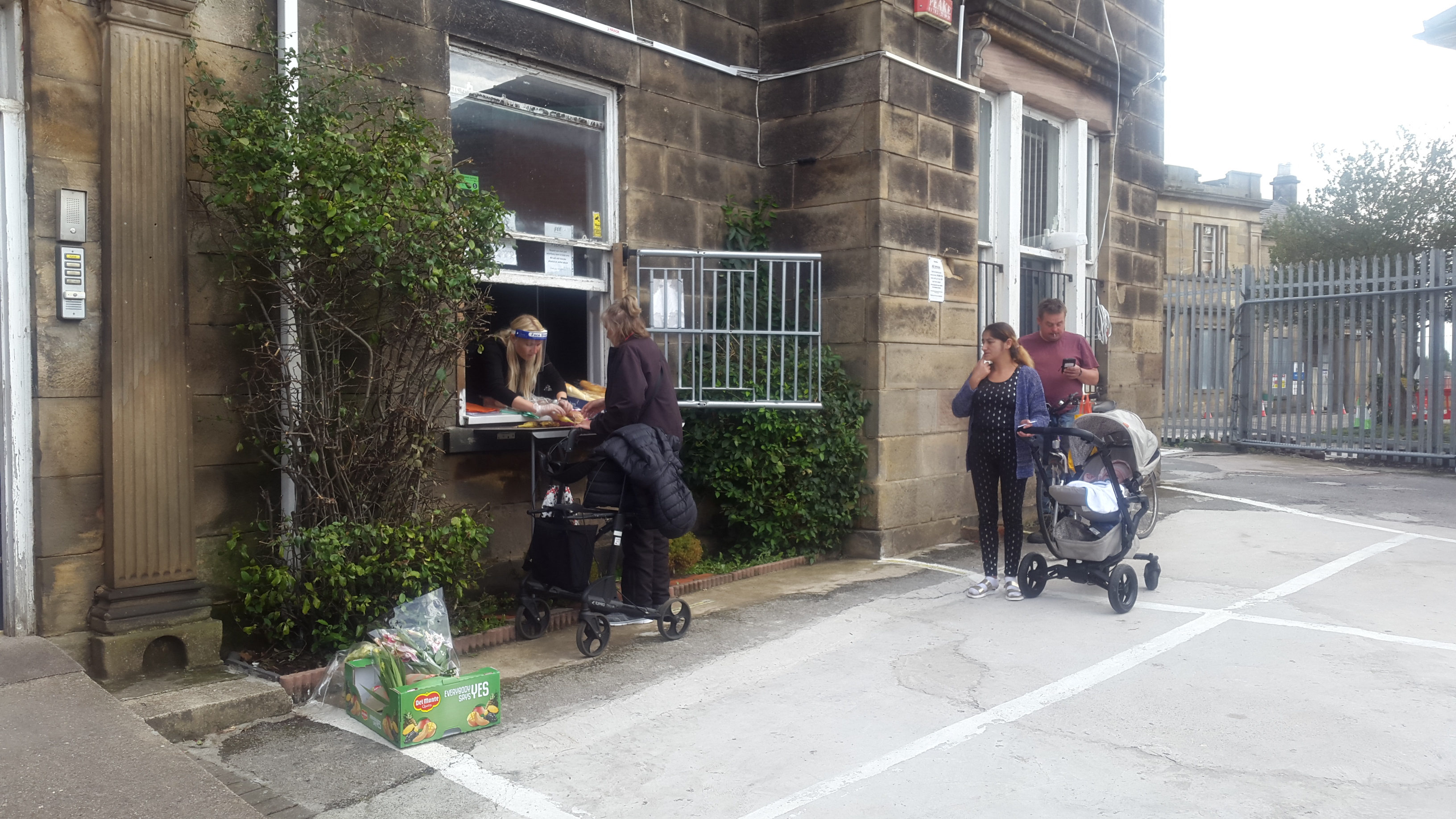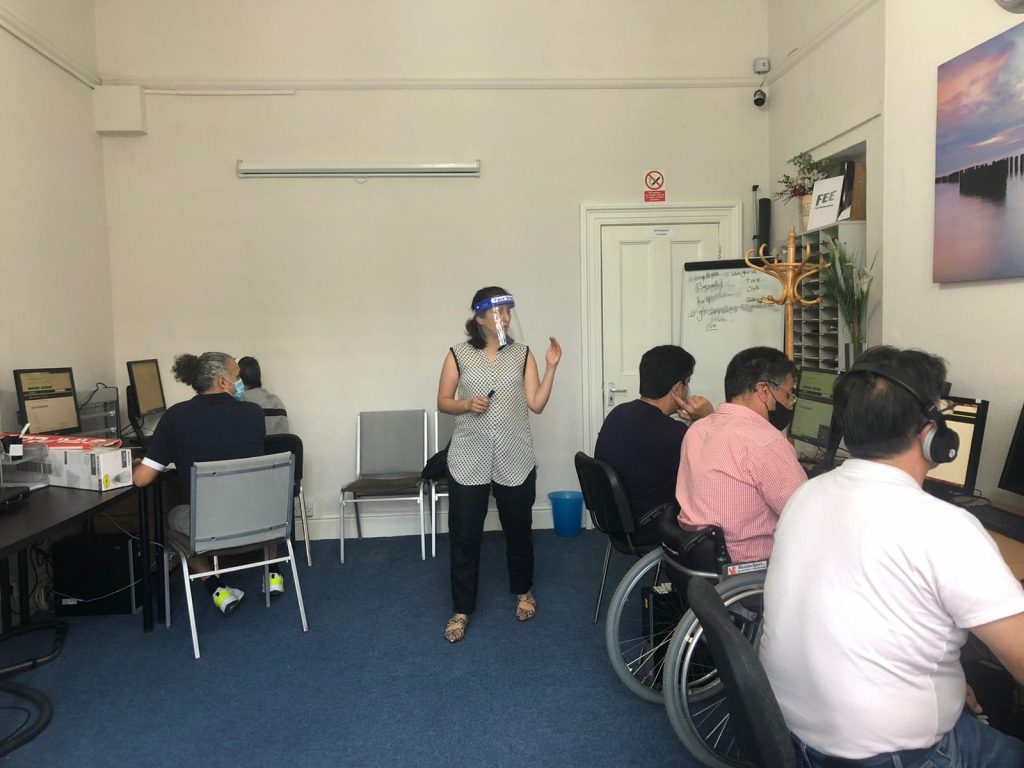Ali Neghipooran, Food and Education Enterprise

In a nutshell:
- Founder: Ali Neghipooran
- Organisation: Food and Education Enterprise aims to support disadvantaged and vulnerable people in Derby, including asylum seekers, refugees, and homeless people.
- Business model: Room hire and catering service, and grant funding
- SSE programme: Community Business Trade Up Programme 2019/20
- Supported by SSE in the Midlands
Starting out
Ali Neghipooran has first-hand lived experience of the challenges of being a refugee in the UK. In 2001, he arrived from Iran and settled in Derby, studying a foundation degree in community regeneration and development. He soon began using his personal experience and knowledge to help a charity supporting asylum seekers and refugees. But the landscape for small charities is a rough one – the organisation collapsed due to funding cuts.
Ali observed a crucial need in the community for these support services. “As a founding member of Food & Education Enterprise (FEE), I have a real passion for the cause. Together with community activists we’ve been able to work to where we are now.”
FEE supports disadvantaged and vulnerable people in Derby. “Around half (50-60%) of our service users are asylum seekers and refugees. The rest are from other community groups – this varies depending on the climate,” Ali explains. The team offers long-term support including signposting people to relevant information and services, and supporting with visa applications. FEE also runs fully funded IT and digital courses, English classes, social workshops, a popular clothing bank, and a food bank.

IT class during the pandemic
The programme
Before the pandemic hit, Ali wanted to expand FEE’s services to become less reliant on grant funding. To do that, the team piloted a new community catering service offering delicious homemade Persian food.
“I saw a need to develop this project further, but I noticed some gaps in my skills and knowledge. That’s when I decided to apply for the Community Business Trade Up programme,” Ali explains.
Through a free learning programme with a group of supportive and like-minded peers, Ali learnt about the ins and outs of running a community business.
“After attending the programme, I’m much more confident in understanding how to develop and sustain our business. We know what we’re doing now – from finances, to volunteer management, to organisational management.”
“The programme has equipped us with the right tools to plan for the future, whatever comes our way.”
The programme also includes a Match Trading grant, which pound-for-pound matches an increase in trading income. “The Match Trading grant helped us support our volunteers, cover travel costs, and generally helped us lift the project off the ground.”
Learn more about the programme
Impact of Covid-19
The pandemic hit before the programme graduation ceremony, and just as FEE was strengthening and innovating. Because of Covid and physical distancing measures, the community business had to pause for a few months. But this didn’t stop the team from supporting the local community in a safe and manageable way.
FEE’s food bank service thrived during the pandemic. “The demand was so high. We received almost triple the amount of people than before, so we increased our availability from one day to three,” Ali says. “Surplus food from local supermarkets massively increased too, so we’re working in partnership with four of them.”
With the support of Community Business Trade Up programme, Food & Education Enterprise has been able to stay afloat during the pandemic. They’ve introduced Covid-safe measures to the premises to resume their previous activities such as hiring out rooms to local businesses and offering their catering service. Slowly but surely, Ali and the team and getting back on their feet.
Top tip for other social entrepreneurs:
“Do your best to learn from challenges, particularly now during Covid. It’ll help you gain the tools you need to become resilient in the face of adversity.”
